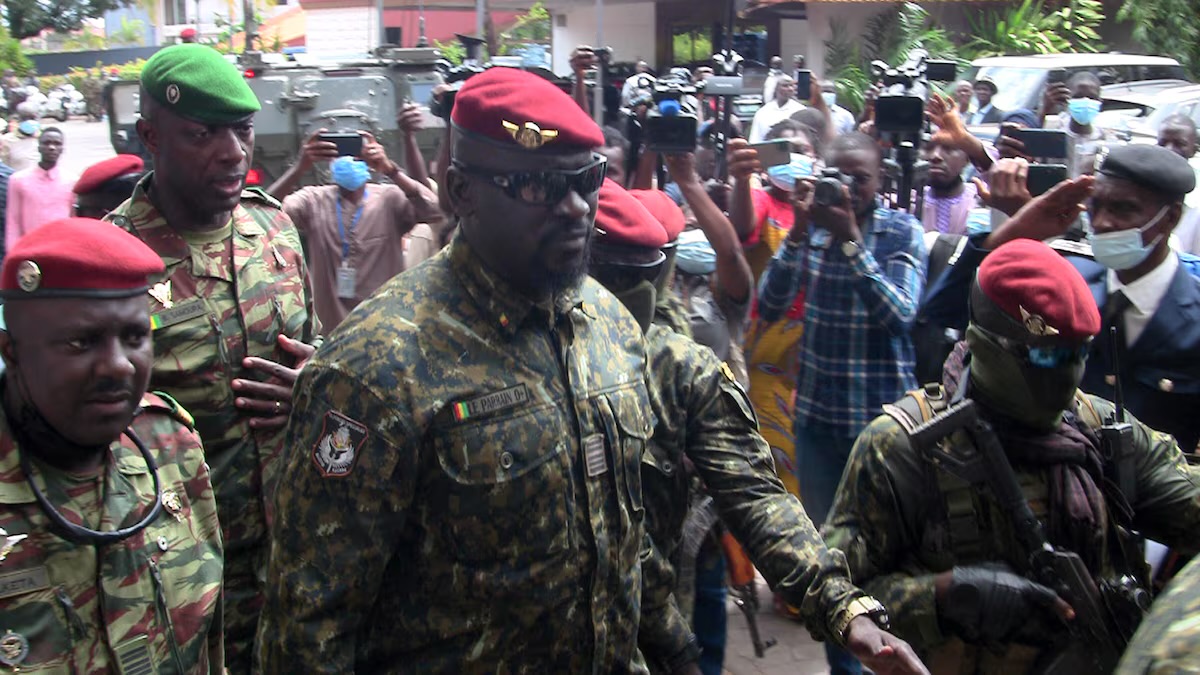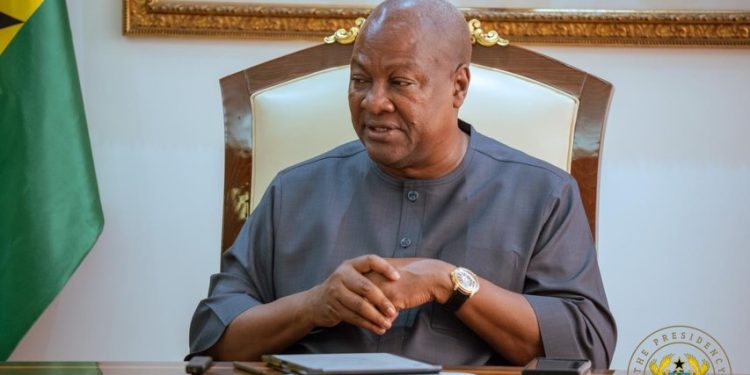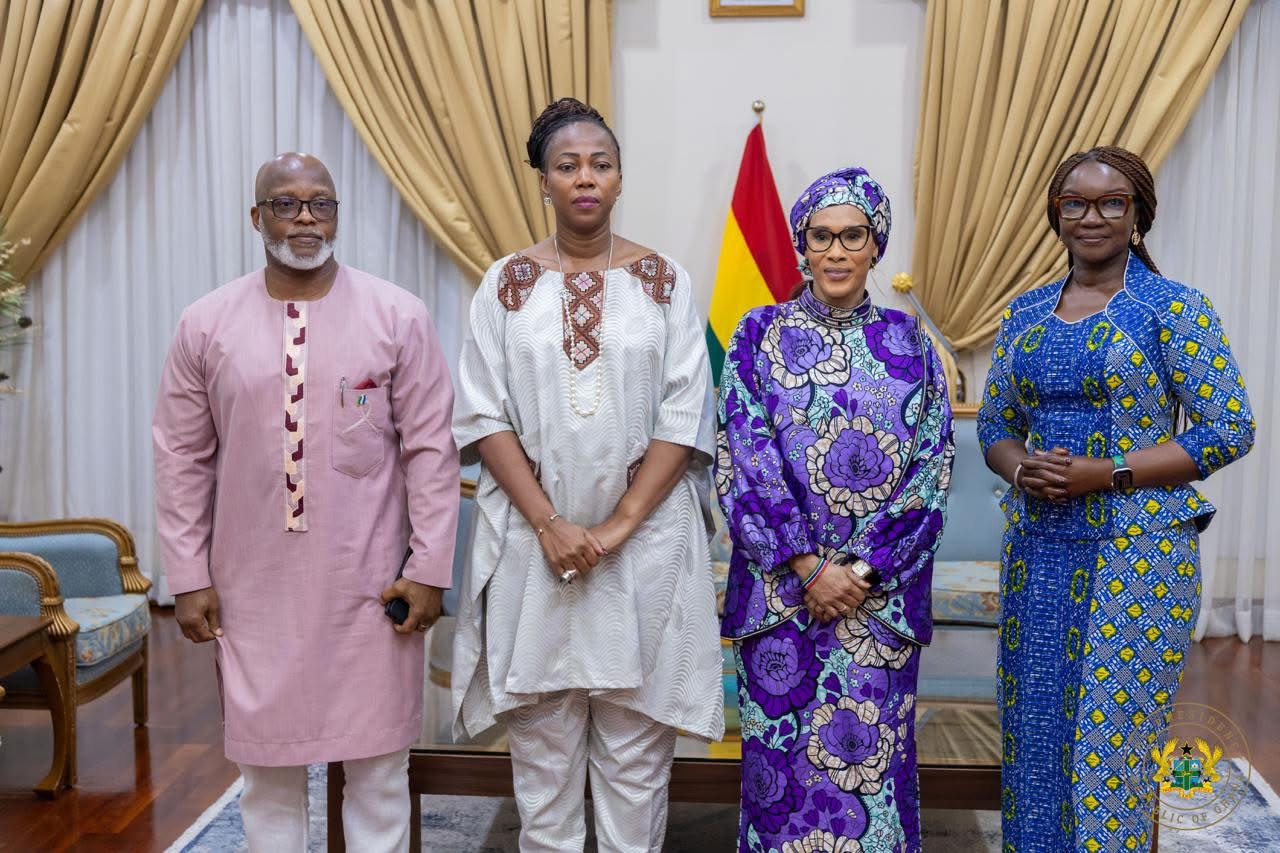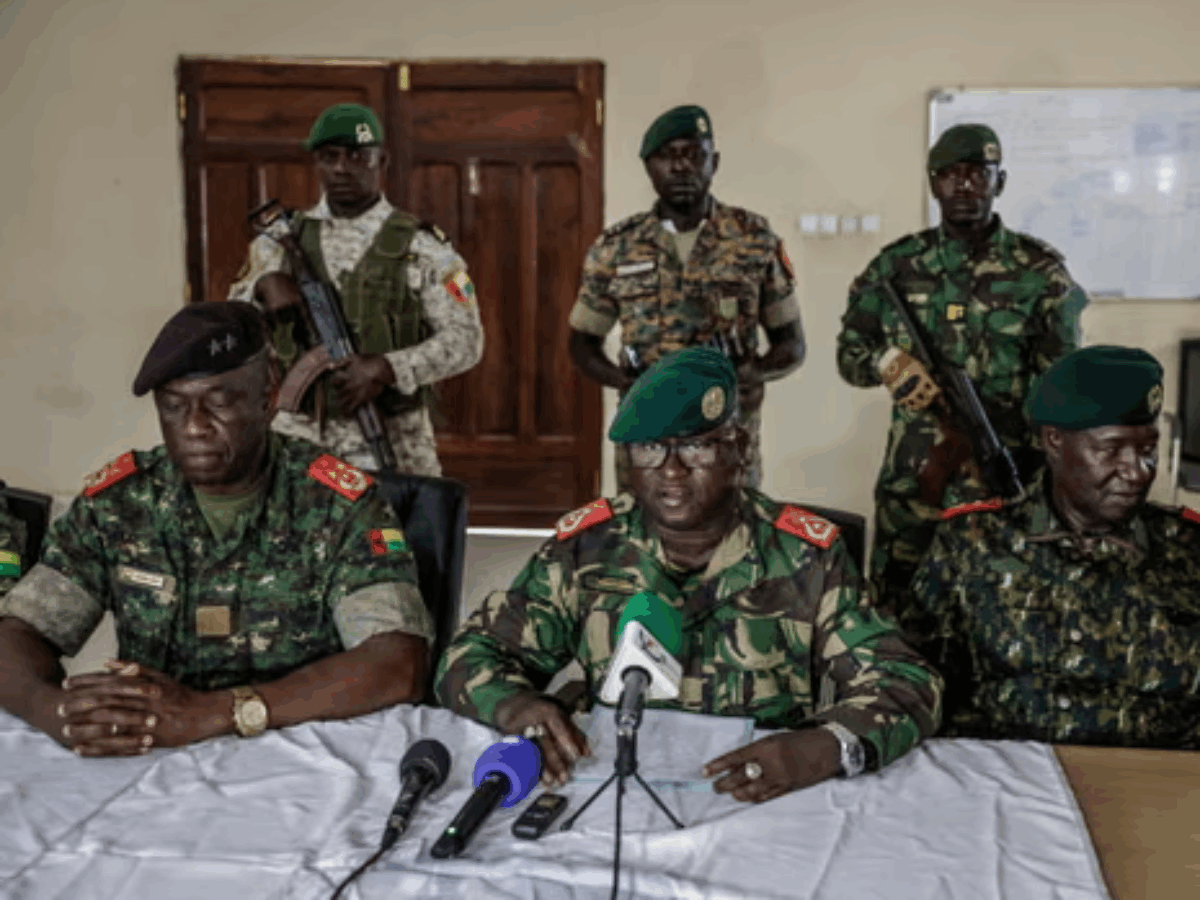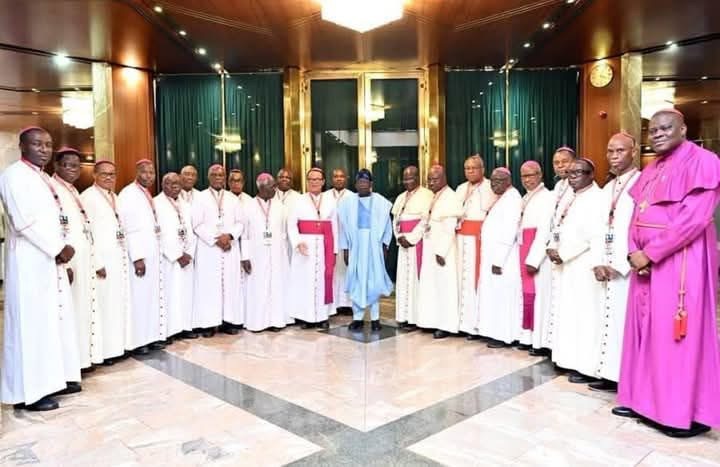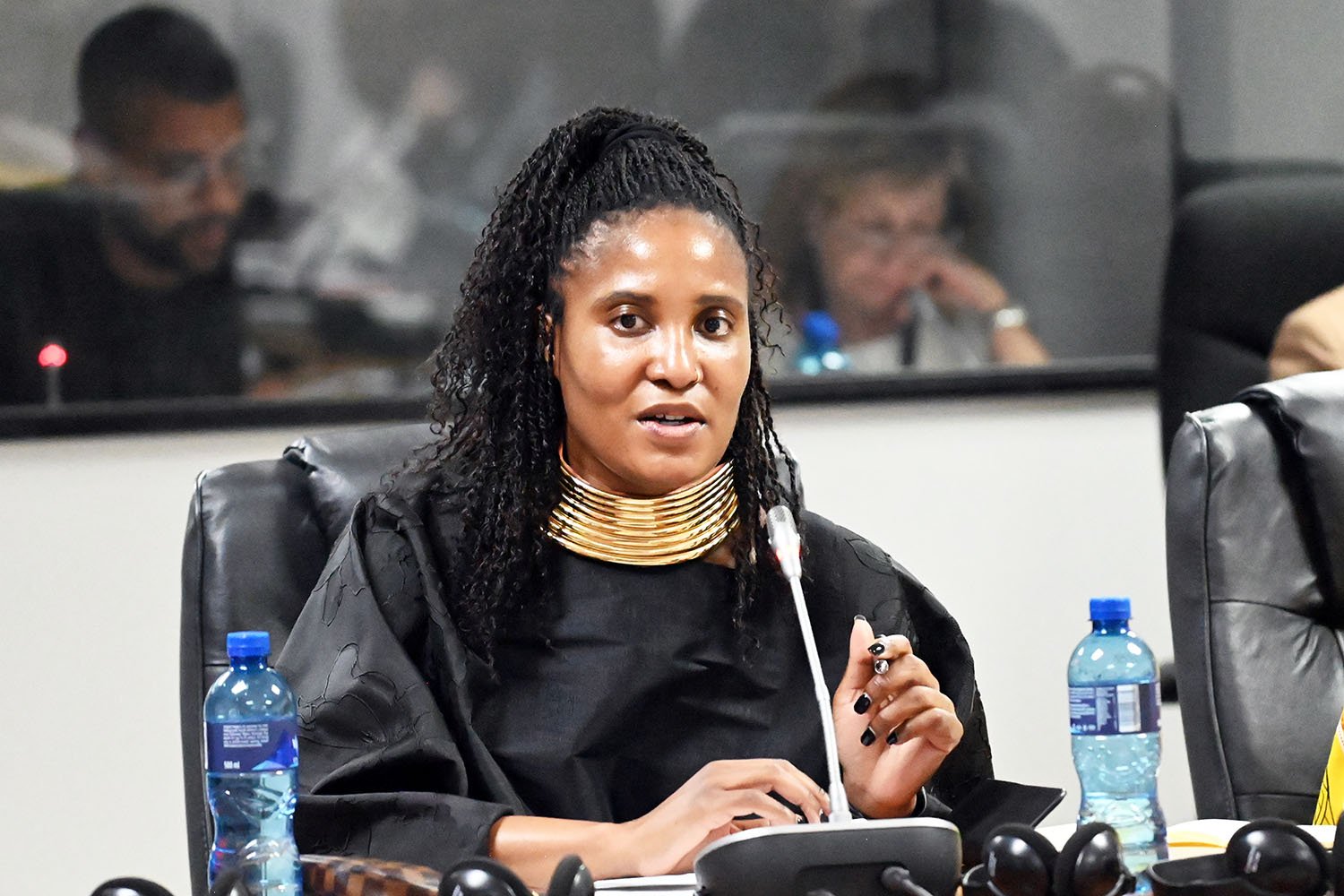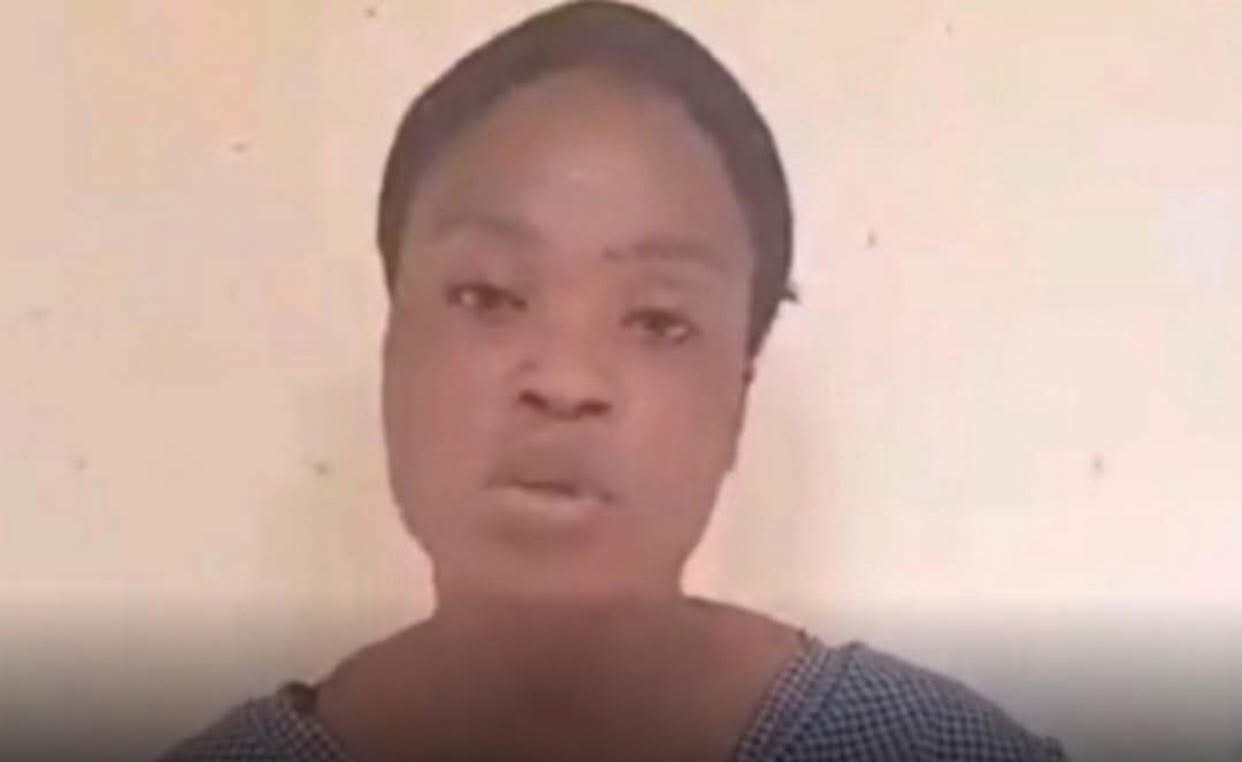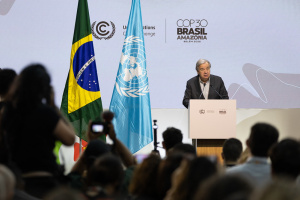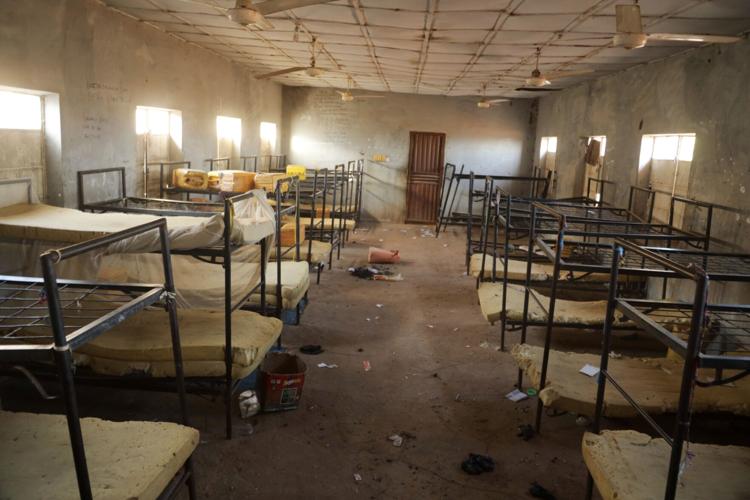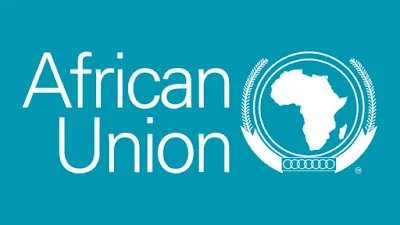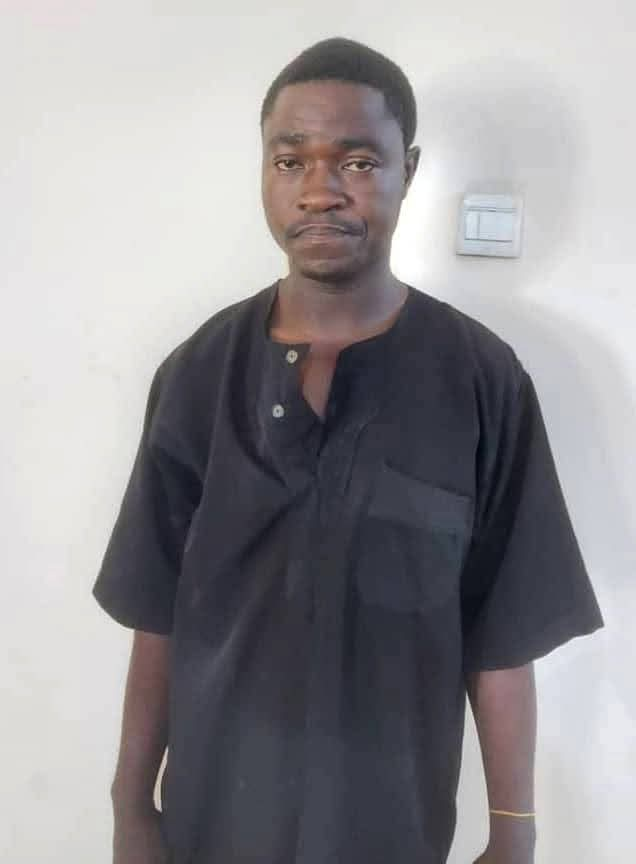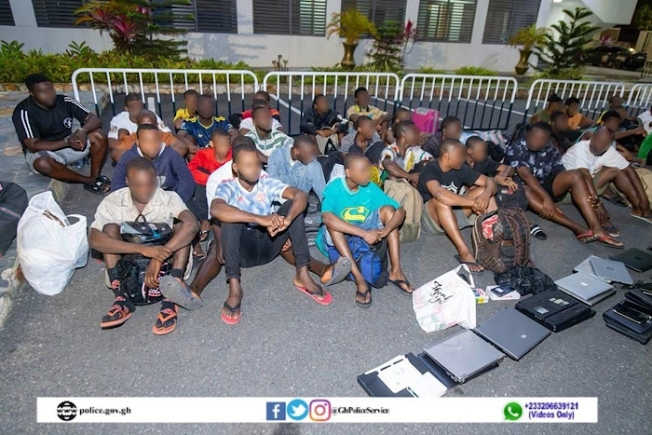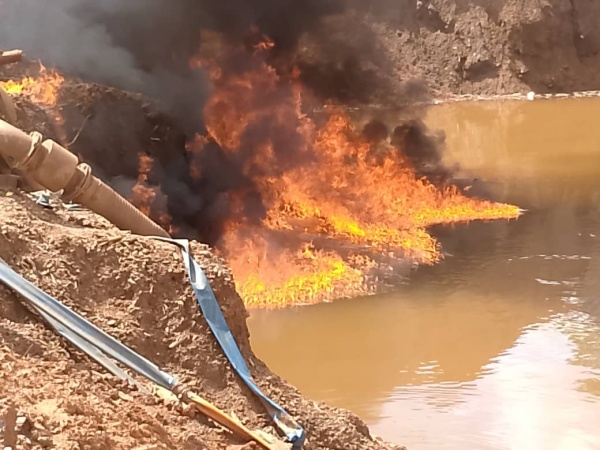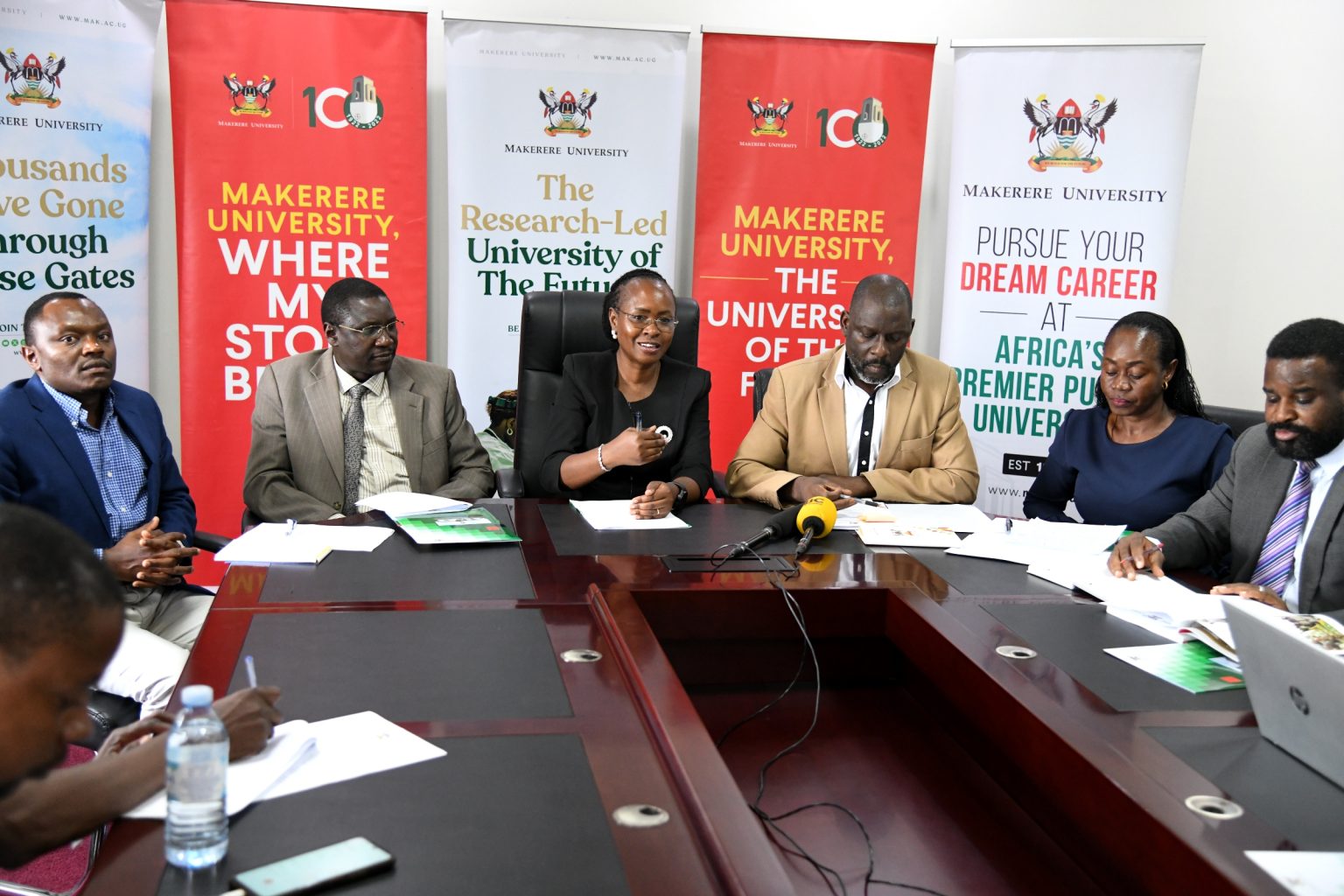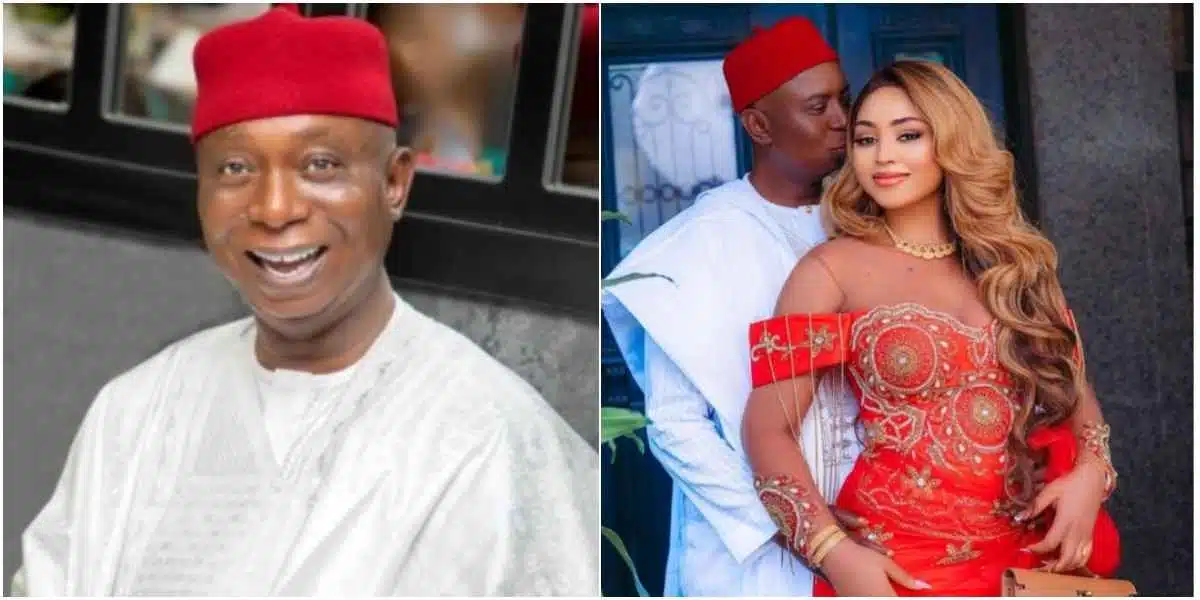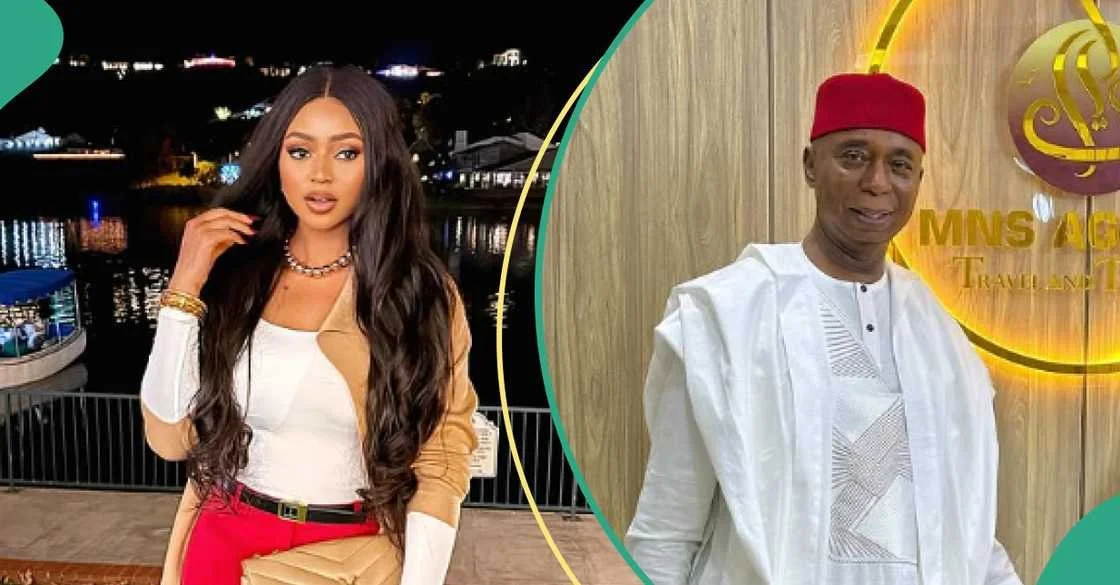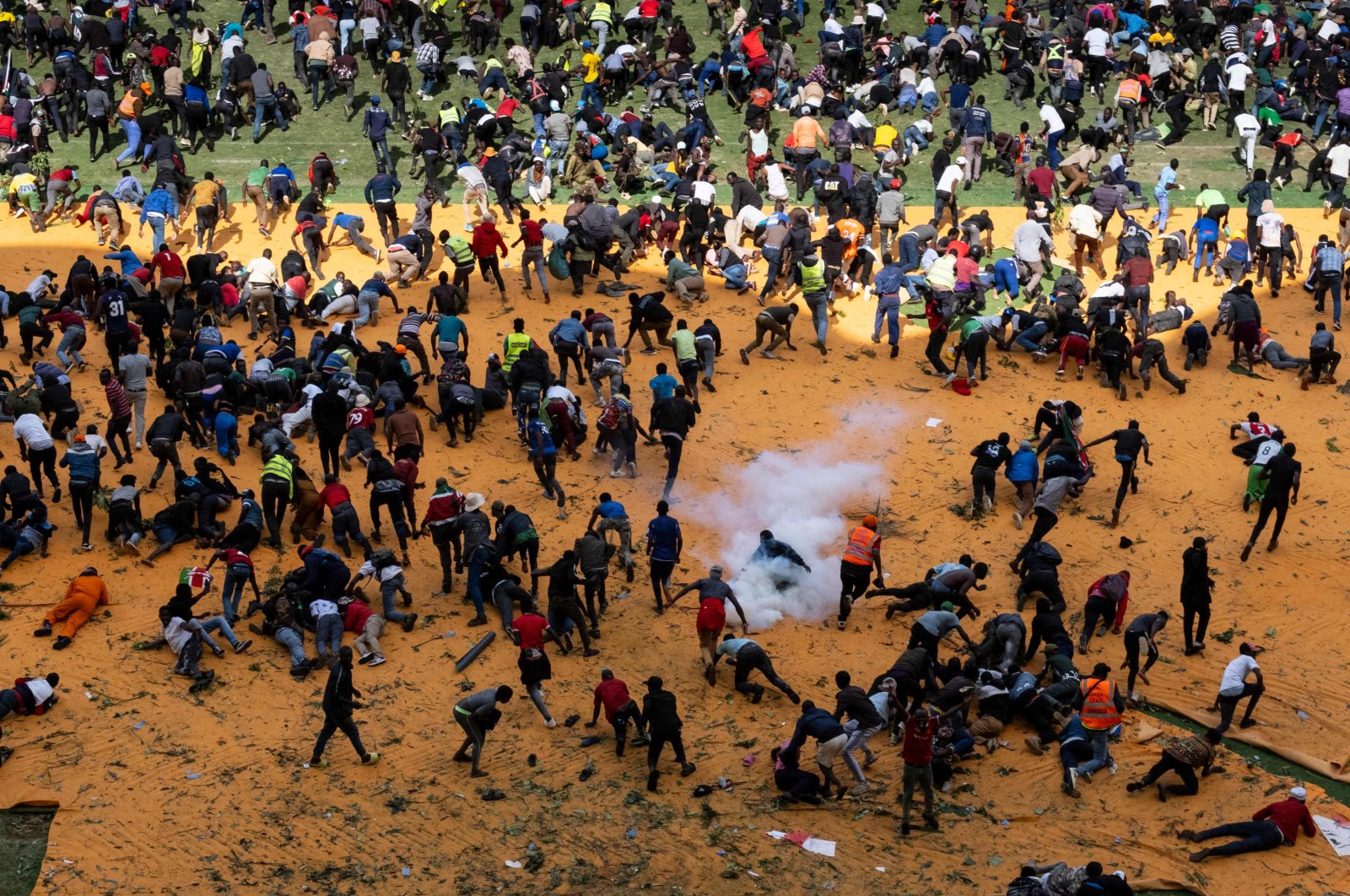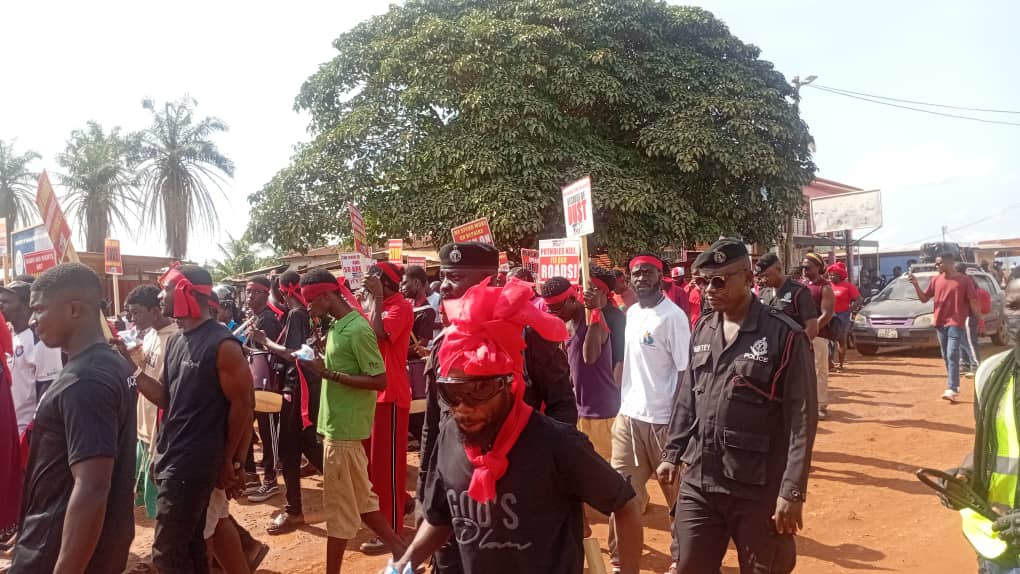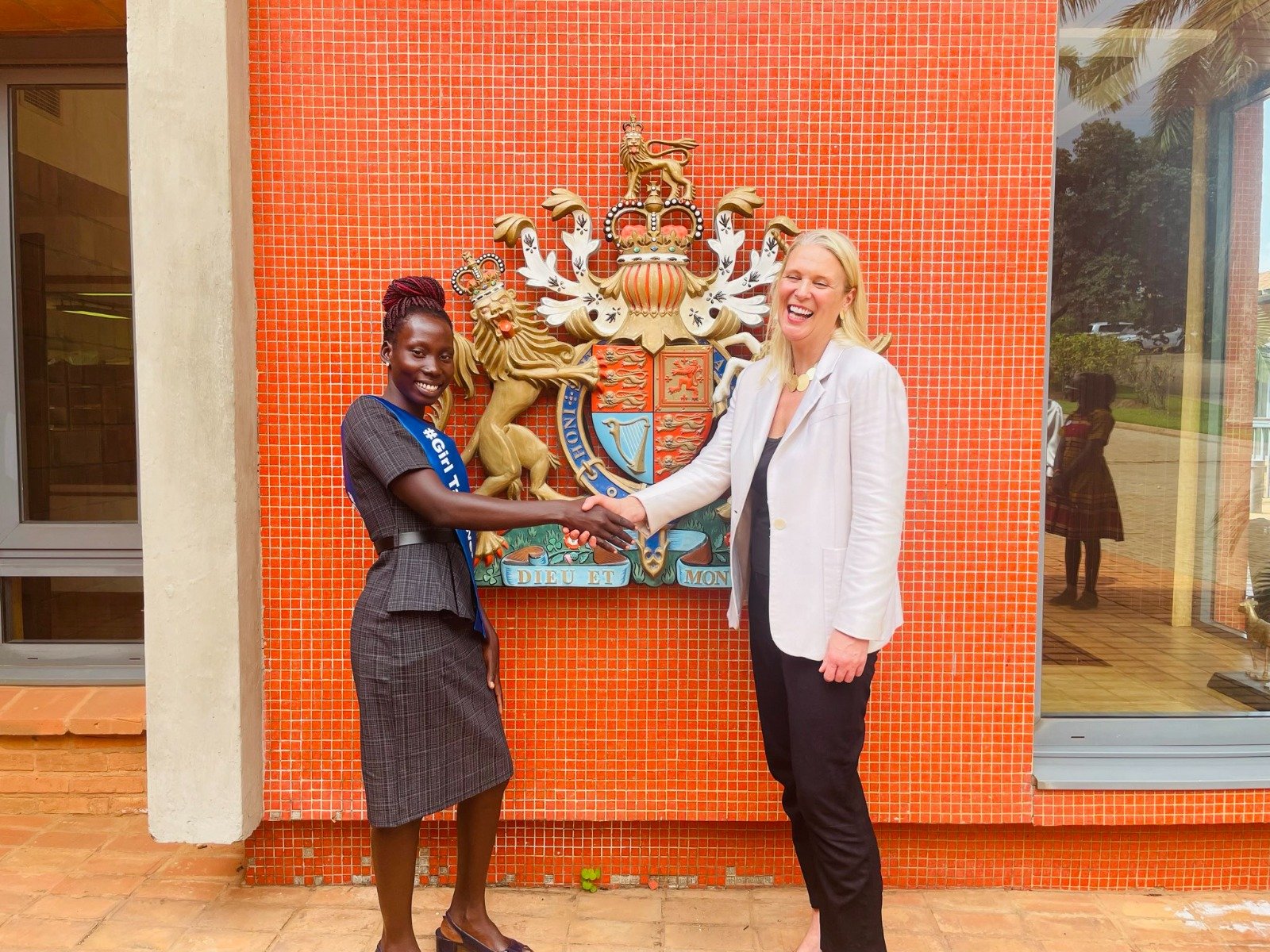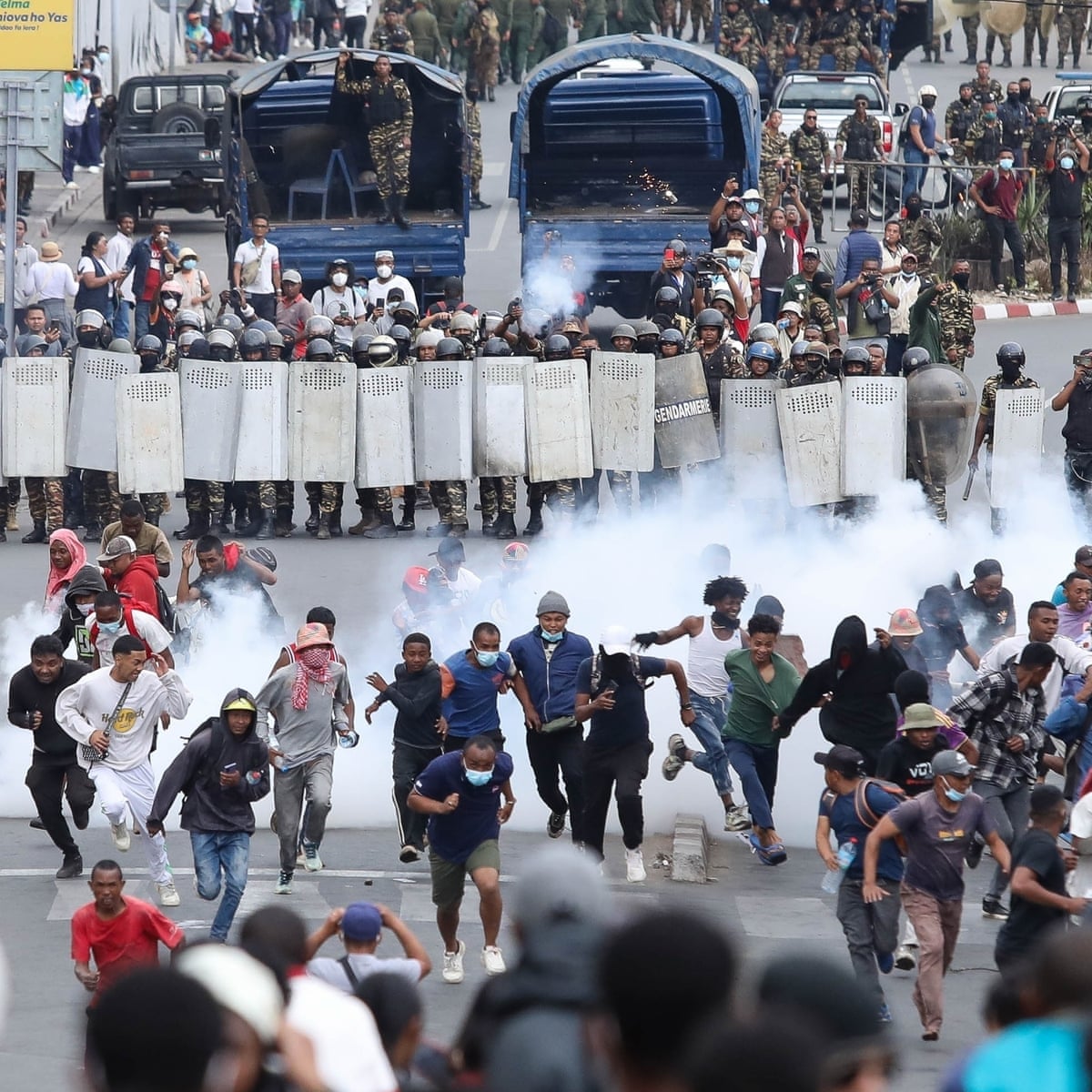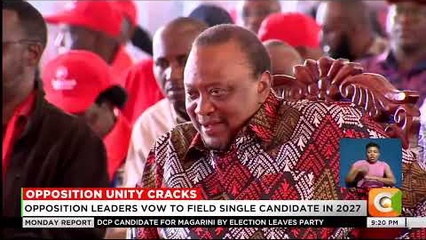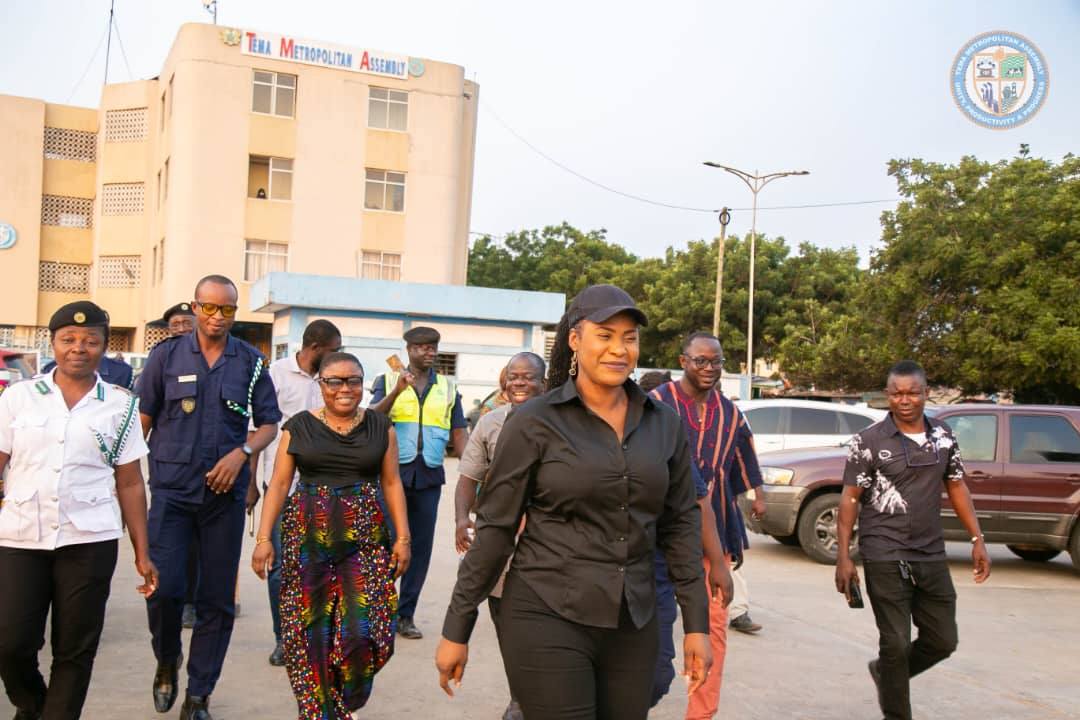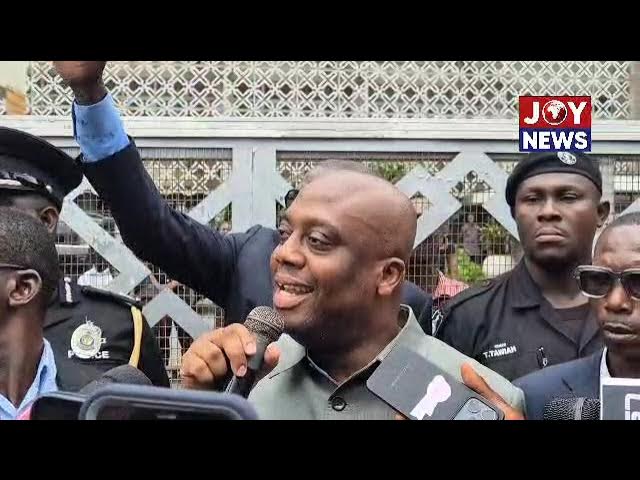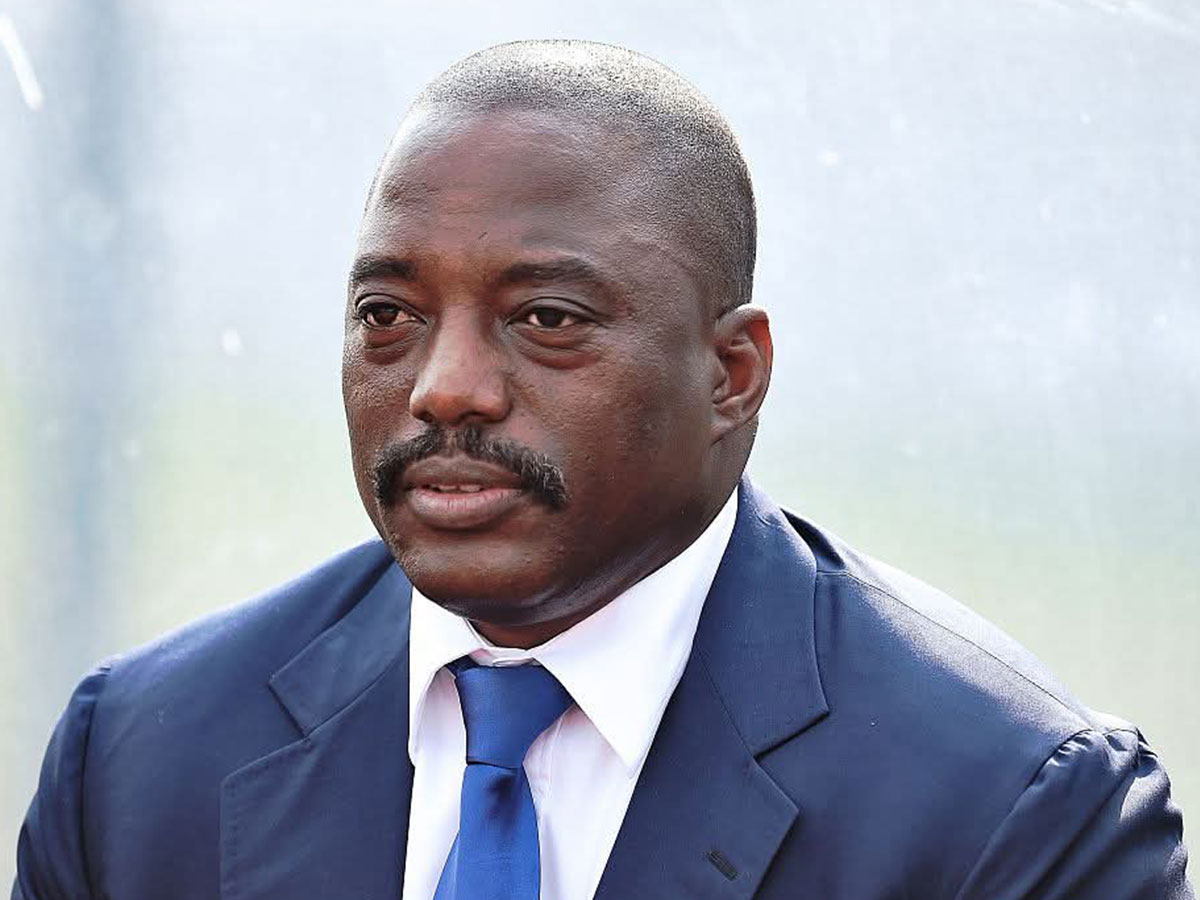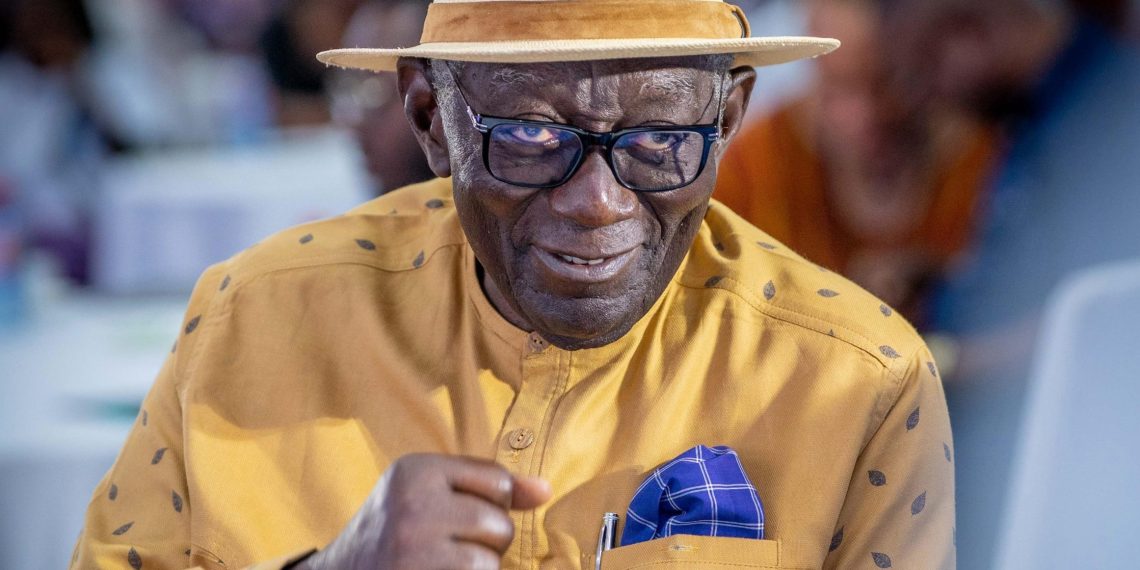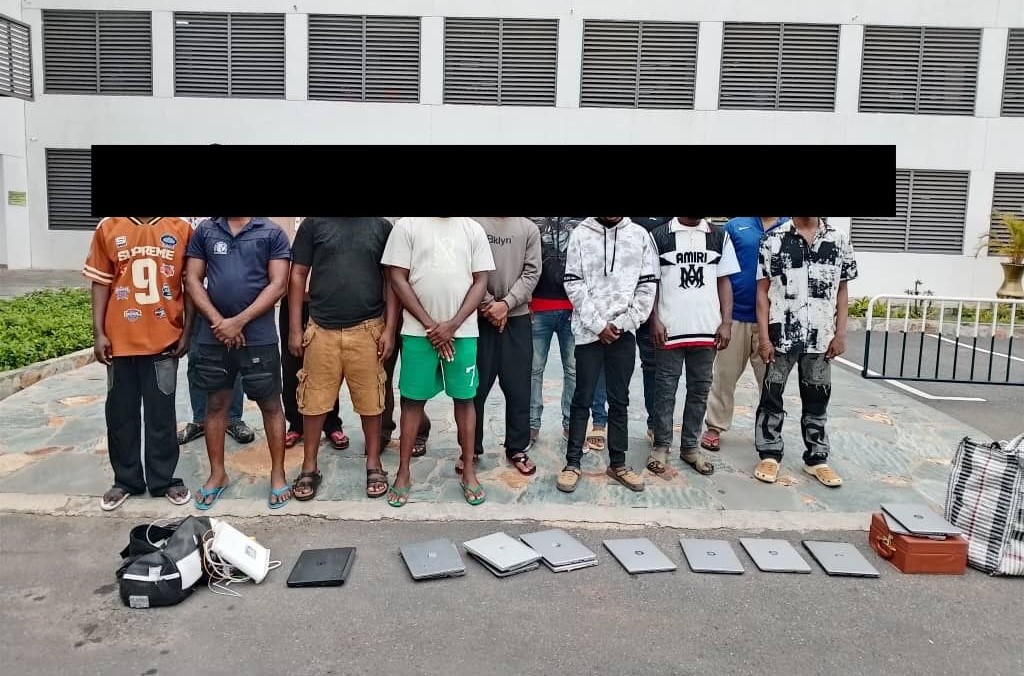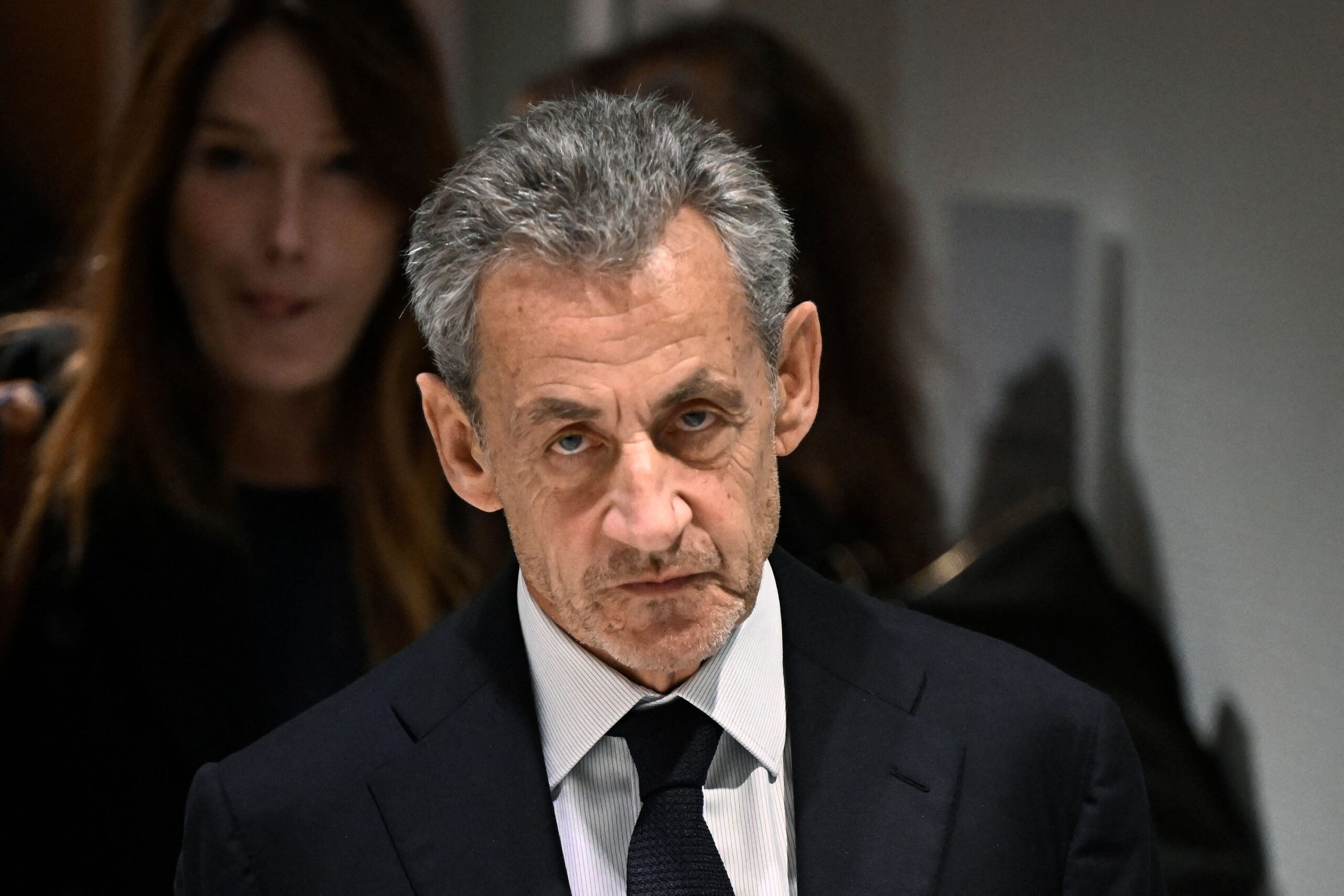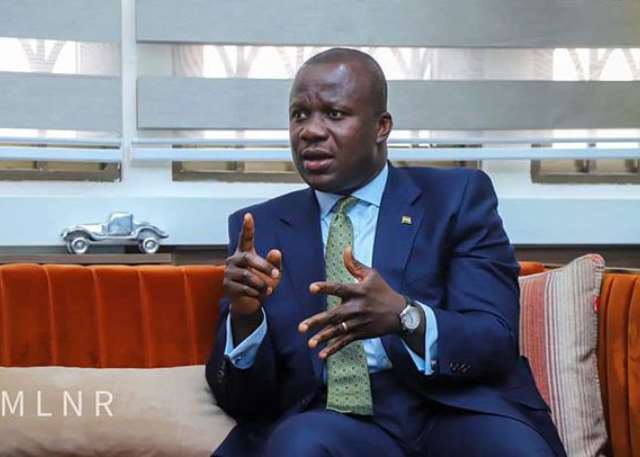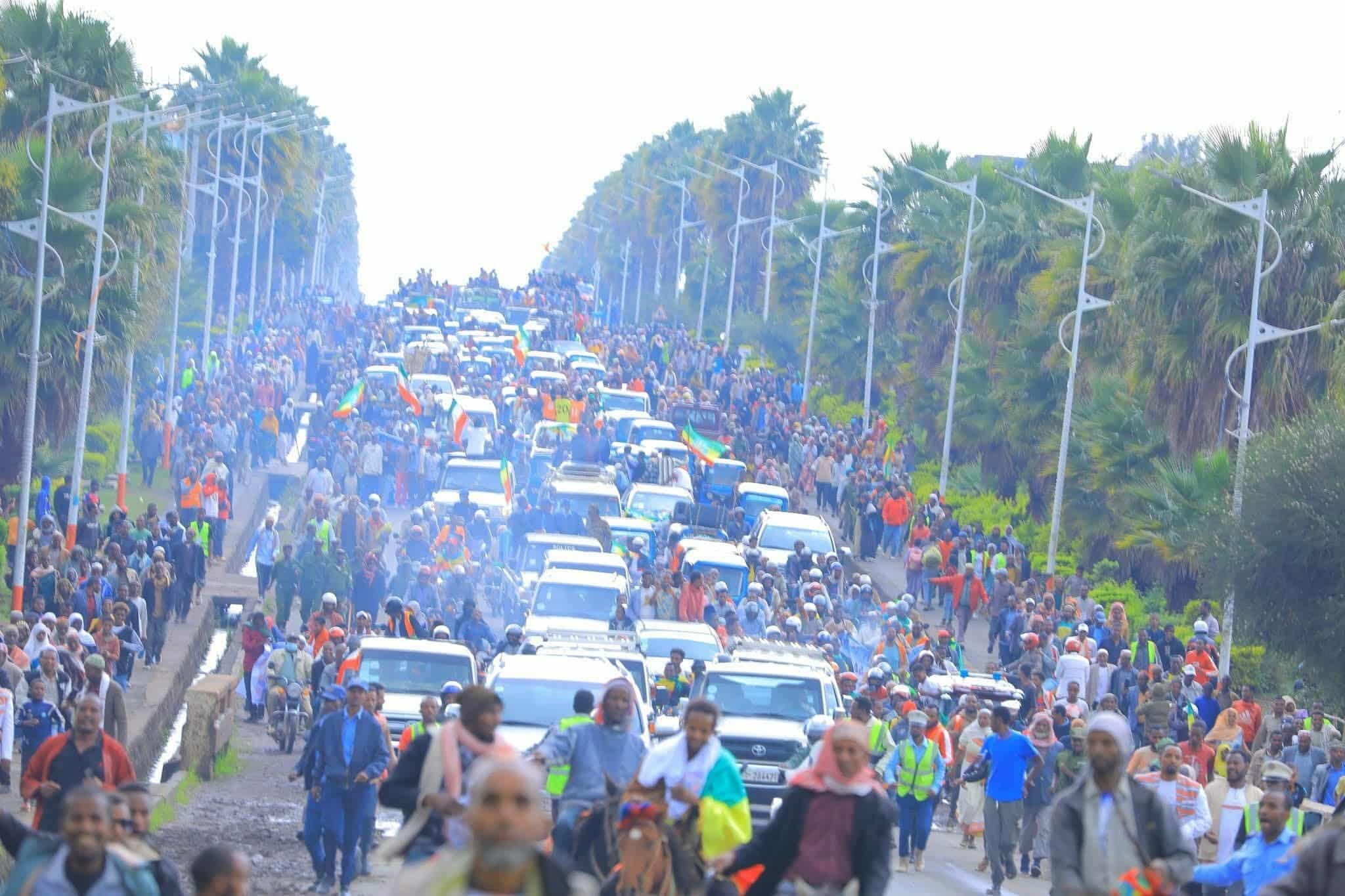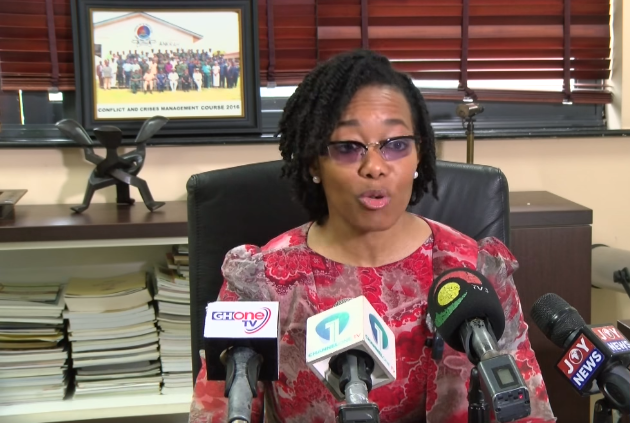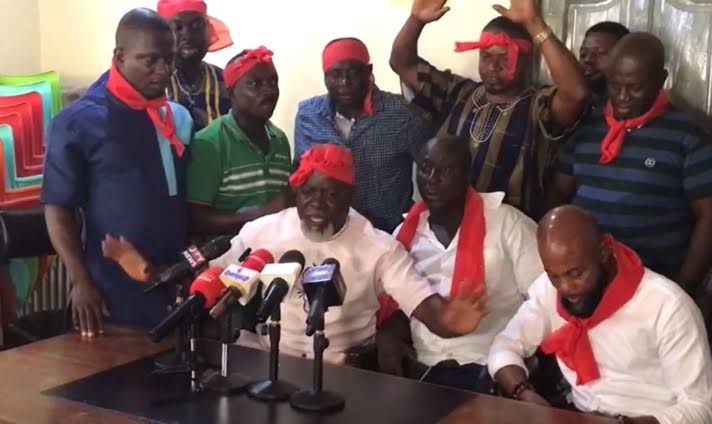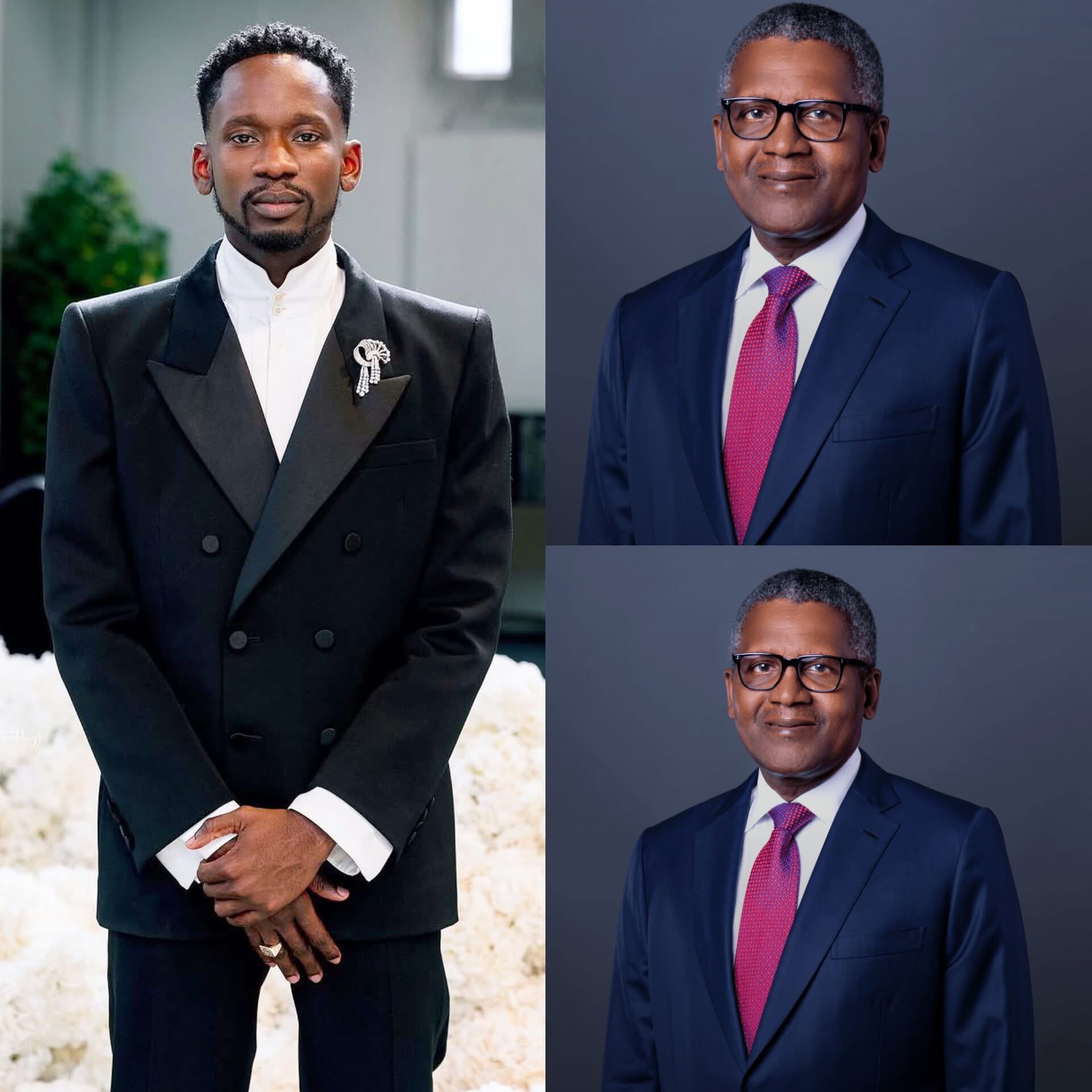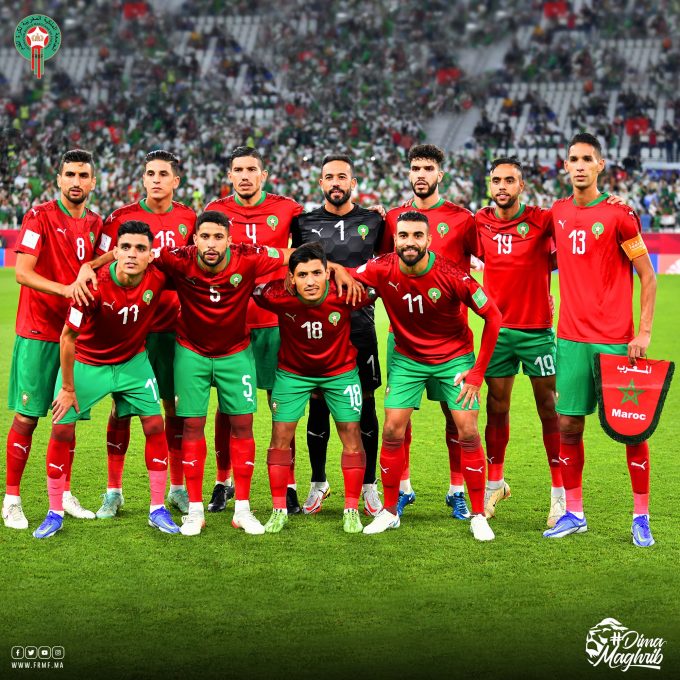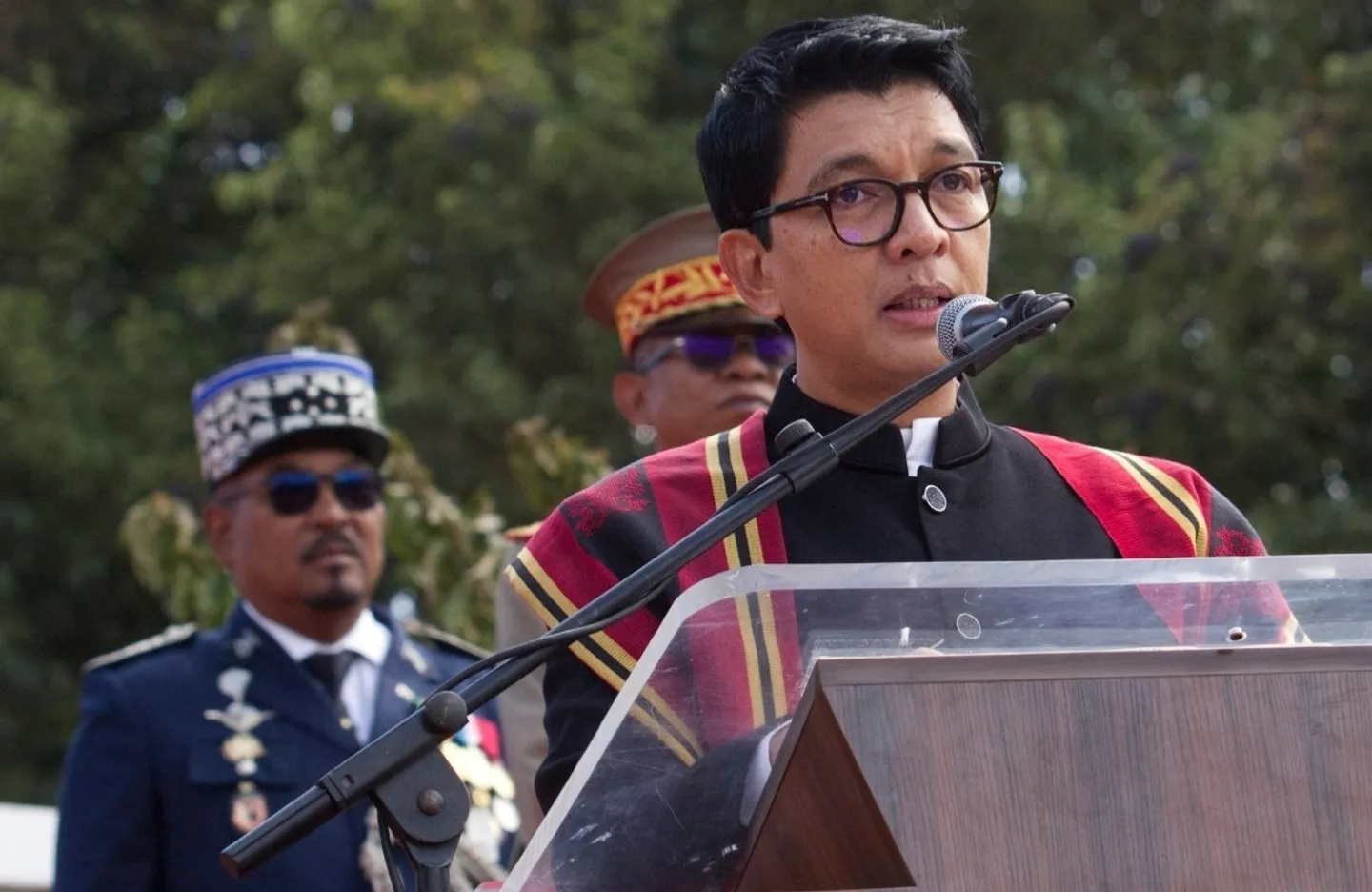
The political crisis in Madagascar has deepened following a dramatic move by the new government to strip former President Andry Rajoelina of his Malagasy citizenship. The decision comes barely a week after Rajoelina was ousted in a military coup that ended months of growing unrest in the island nation.
A decree signed by Prime Minister Herintsalama Rajaonarivelo stated that the action was in line with national laws prohibiting dual citizenship for citizens who have acquired another nationality. Rajoelina, 51, obtained French citizenship nearly ten years ago, a revelation that had sparked legal and political controversy ahead of Madagascar’s 2023 presidential elections.
Despite public pressure and constitutional questions surrounding his eligibility, Rajoelina contested and won that election. His leadership, however, was increasingly marred by nationwide frustration over prolonged power cuts, water shortages, and worsening living conditions.
Protests against Rajoelina’s administration began as isolated demonstrations organized by the youth-led Gen Z Mada movement, inspired by similar uprisings abroad. But as discontent spread, the demonstrations escalated into large-scale unrest. Security forces responded with violence, further inflaming tensions.
In a bid to restore calm, Rajoelina dismissed his energy minister and later dissolved his entire cabinet, a move critics described as “too little, too late.” Calls for his resignation intensified until elements within the military, led by Colonel Michael Randrianirina, intervened and seized power last week.
Rajoelina reportedly fled the capital during the takeover and has since gone into hiding. His exact location remains unknown, though sources close to his family say he left the country for his own safety.
The loss of his citizenship appears to be both a legal and political blow. Rajoelina had previously defended his French naturalization, claiming he acquired it quietly to ease travel and educational opportunities for his children living in France.
Observers, however, argue that the new regime’s decision to revoke his Malagasy citizenship serves a dual purpose, enforcing the law while symbolically severing his remaining political influence.
Colonel Randrianirina, now sworn in as interim head of state, has appointed a new cabinet and pledged to hold democratic elections within two years. He has also called for calm, assuring the public that the transition will focus on restoring essential services, rebuilding public trust, and stabilizing the economy.
Regional blocs and international observers have expressed cautious concern about Madagascar’s latest upheaval. While some welcome the promise of elections, others fear the coup could undermine the country’s fragile democratic progress since Rajoelina’s earlier rise to power in 2009.
As Madagascar once again stands at a political crossroads, many citizens are left uncertain about the future — questioning whether this latest change of leadership will finally bring the stability and reforms long promised to the island nation.
Discover more from Hot Stories Ghana
Subscribe to get the latest posts sent to your email.

